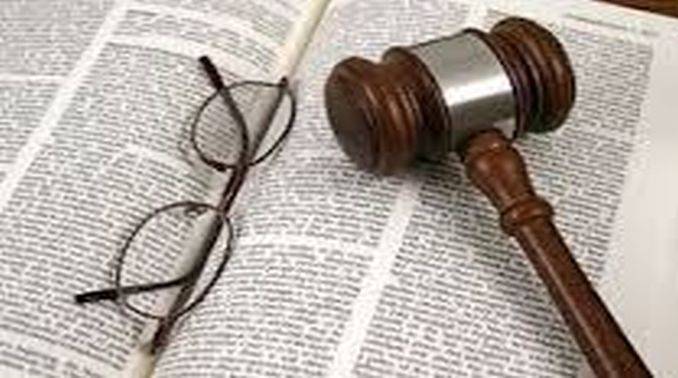This post was first published on 16th July, 2014.
Today, we will take a look at a case where the IPAB ruled in favor of the appellant, remanding the case back to the Controller on the principle of natural justice!
Telefonaktiebolaget Lm Ericsson (Publ) (Appellant) v/s Controller General of Patents and The Assistant Controller of Patents (Respondents)
Case: This particular order is in response to an appeal filed by Ericsson against the order passed by The Assistant Controller of Patents rejecting the Indian application (5294/DELNP/2005) filed by them for an invention titled Secure Traffic Redirection in a Mobile Communication System, based on a corresponding PCT application (PCT/EP/2004/050889). The corresponding Indian application was filed on 18th November, 2005.
Objections raised by Respondent:
- The application was rejected on the ground that it does not constitute an invention as the claims claiming the invention was found to be directed to algorithms and that it falls under the non-patentable subject matter of 3 (k).
Section 3 (k) of the Patents Act considers a mathematical or business method or a computer programme per se or algorithms as non-patentable inventions.
- The said application was rejected under 15 of the Patents Act, which gives the Controller the power to refuse or reject an application or to require the application to amended to his satisfaction.
Appellant’s Arguments:
- The appellant argued that the impugned order refusing the grant under 15 had to be set aside as it was in violation of the principles of natural justice, as no opportunity was given for explanation to the objections raised during the hearing nor any reason for passing such an order was stated.
- The appellant pointed out that the applicant had amended the claims in response to the novelty objection and had deleted certain claims and introduced new claims in response to the independent invention objections raised during the FER by the respondent.
- The appellant also stated that, by writing a reply to the objections raised during the oral discussion with the respondent, they had explained in detail the reasons the invention was not a computer program per se under 3 (k) of the Patents Act. The objection of the lack of unity of invention was addressed by deleting the newly introduced claims. The appellant clearly showed with facts that all objections were ruled out by the examiner in the subsequent oral discussion they had.
- The appellant brought to the Board’s notice that they received a hearing notice after all these discussions without any clear objections for hearing and that in response to the request for the objections to be addressed during the hearing, the examiner merely stated that the invention fall under 3(k) and not patentable under 2(1)(j), without listing neither any objections nor any closest prior art.
- The appellant also made it clear that during the last hearing, the applicant successfully convinced the examiner with the arguments that the invention is directed to a technical process and not a mere computer program per se by requesting to apply the transformation test and that it gives a technical solution in the field of wireless mobile communication.
- The appellant vehemently argued that the impugned order was made even before they could file fresh submissions to overcome the objections raised, for which time was granted by the examiner on request by the applicants after the hearing.
Judgment: After considering both the arguments and the submitted facts, the board allowed the appeal setting aside the impugned order and remanded the matter to the Controller to consider the matter in accordance with the law affording proper opportunity to the appellant.
The Board remarked that the appellant should have been given an opportunity to file fresh submissions and that it clearly showed that the impugned order violated the principles of natural justice.
The Board also noticed that the hearing notice sent to the appellant had only the date of hearing with no objections raised. The Board citing another judgment – OA/23/2010/PT/DEL Resprotect GMBH vs. The Controller of Patents and Designs, made it clear that it is always better to cite the closest prior art relevant in the notice of hearing.
Conclusion: Whether an invention is patentable or not is always a secondary matter. Opportunity of being heard is the right of every patent applicant and it cannot be denied for any reason. The Patent Law has been provided with all these provisions to make sure that each application is given due consideration and sufficient efforts are always taken to understand the invention from the view of the applicant before it is rejected.



